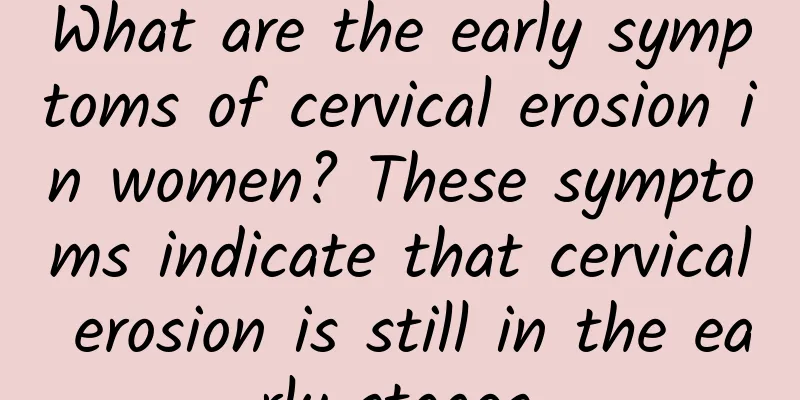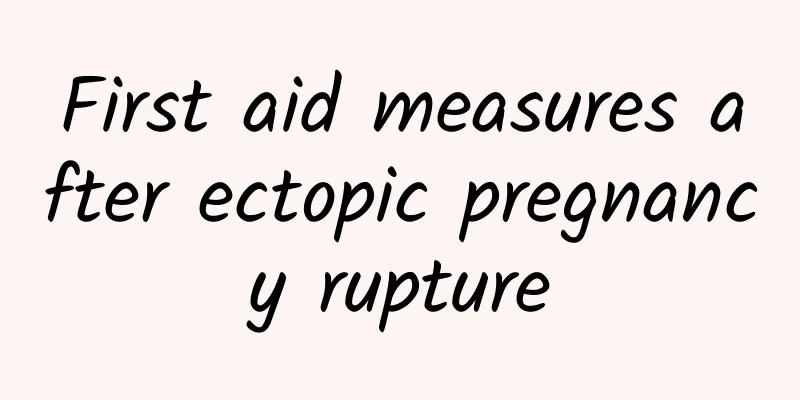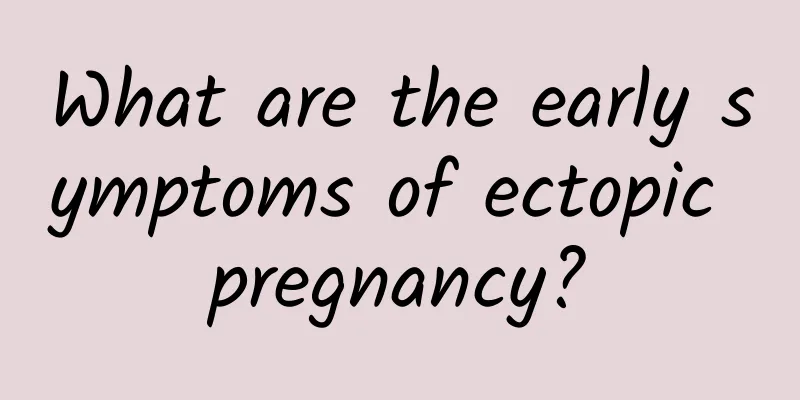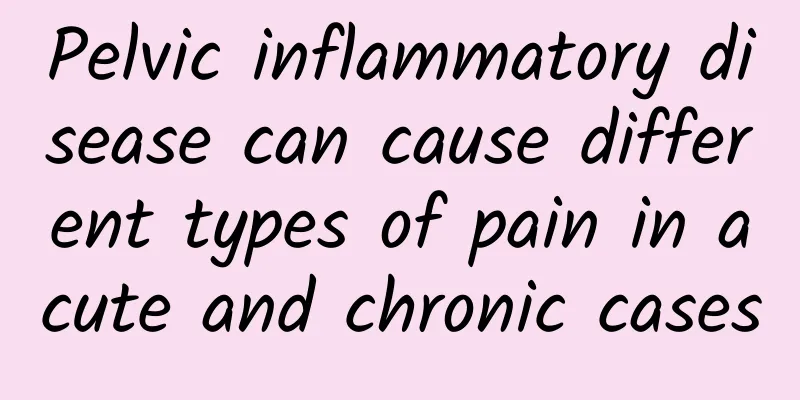Cervical adhesion after abortion
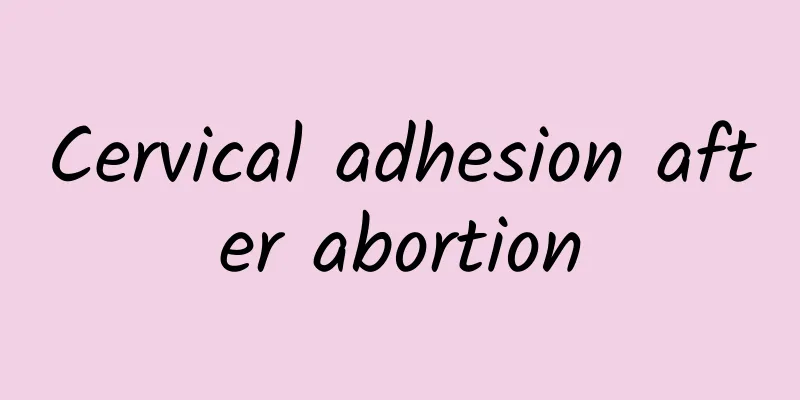
|
Post-abortion cervical intrauterine adhesions are caused by damage to the endometrium or cervical tissue during the abortion procedure, which leads to abnormal adhesions during tissue healing. The key to preventing and treating adhesions is to reduce surgical trauma, promote tissue repair, and take medical intervention when necessary. 1. The main causes of cervical adhesion after abortion include improper surgical operation, infection, and individual differences in healing ability. During the operation, mechanical damage to the endometrium or cervix by the instrument may trigger an inflammatory response, leading to tissue fibrosis and adhesion formation. Infection may aggravate inflammation and further promote the formation of adhesions. Due to physical reasons, some women are more likely to develop fibrosis during tissue healing. 2. Measures to prevent cervical and intrauterine adhesions include choosing a regular medical institution for surgery, postoperative anti-infection treatment, and promoting endometrial repair. The surgery should be performed by an experienced doctor to minimize damage to the endometrium. After surgery, antibiotics can be used as prescribed by the doctor to prevent infection, and estrogen drugs can be supplemented to promote endometrial regeneration. Regular postoperative follow-up examinations can be performed to detect and deal with adhesion problems early. 3. Treatments for cervical and intrauterine adhesions include medication, hysteroscopic surgery, and physical therapy. Medication mainly uses estrogen and anti-inflammatory drugs to help repair the endometrium and reduce inflammation. Hysteroscopic surgery is the main method for treating adhesions, which can restore the normal shape of the uterine cavity by separating the adhesion tissue. Physical therapy, such as low-frequency electrical stimulation and ultrasound therapy, can promote local blood circulation and tissue repair. 4. Postoperative care and lifestyle adjustment are essential to prevent adhesion recurrence. Avoid strenuous exercise and heavy physical labor after surgery, keep the vulva clean and prevent infection. Eat more foods rich in protein, vitamins and minerals, such as eggs, fish, green leafy vegetables and fruits, to promote physical recovery. Avoid smoking and drinking to reduce adverse effects on the endometrium. Cervical and intrauterine adhesions after artificial abortion are a preventable and treatable complication. The key lies in early detection and scientific intervention. The incidence of adhesions can be effectively reduced through standardized surgical operations, rational medication and postoperative care. For patients who have already developed adhesions, timely treatment measures can restore the normal function of the uterine cavity and reduce the impact on reproductive health. Regular postoperative follow-up and health management are important links to ensure long-term recovery. |
<<: What tests should be done to check for cervical erosion?
>>: Is cervical erosion severe?
Recommend
A brief discussion on the clinical manifestations of acute cervicitis
Cervicitis is a very common gynecological disease...
What are the methods for checking ectopic pregnancy?
What are the methods for checking ectopic pregnan...
What are the dangers of cervical warts
Cervical warts are a very harmful disease that ca...
How to care for amenorrhea
How should we care for amenorrhea? Amenorrhea is ...
How to treat bleeding in female cervicitis? Three methods to easily deal with cervicitis bleeding
Bleeding from cervicitis can be treated with gene...
Which hospital is good for treating hyperprolactinemia?
Which hospital in the country is good for treatin...
There are many benefits to eating fish! Eating mackerel and salmon can actually help you lose weight
Who says you have to diet to lose weight? As long...
What are the benefits of grapes on uterine fibroids? What are the benefits of grapes on uterine fibroids?
What are the benefits of grapes on uterine fibroi...
Pregnant women have abnormally white vaginal discharge
Abnormal white vaginal discharge during pregnancy...
Adenomyosis: Foods not to eat
Patients with adenomyosis need to avoid eating fo...
What are the dangers of medical abortion? Know it early and benefit early
The main hazards of medical abortion are: incompl...
Are pelvic effusion and uterine effusion the same thing? What are the preventive measures?
Pelvic effusion will gradually form a cystic mass...
Eat a low-sugar diet to lose weight, no more scratching your head over the menu! The American weight loss queen teaches you how to make Italian dishes with zucchini without cooking
I tend to make bad eating choices at dinnertime, ...
The harm of leukoplakia vulvae in women
Since few people really understand the harm of vu...
How to regulate irregular menstruation for women? 5 tips to regulate menstruation to help you have smooth periods every month
Irregular menstruation is a situation that many w...

